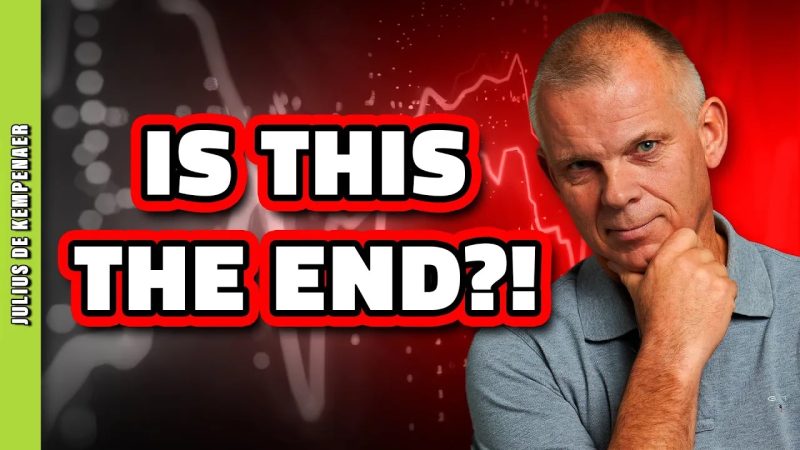In today’s volatile market, understanding the factors contributing to stock outperformance is crucial for investors seeking to make informed decisions. However, recent trends suggest that the era of stock market outperformance may be coming to an end. Several key factors are at play, pointing to a shift in the market landscape.
One significant factor contributing to the potential end of stock outperformance is the changing interest rate environment. Historically low interest rates have fueled the bull market in stocks, making equities an attractive option for investors seeking higher returns. However, as interest rates begin to rise, the appeal of stocks may wane as fixed-income investments become more attractive.
Another factor that could signal the end of stock outperformance is the shift towards value investing. Growth stocks have enjoyed a prolonged period of outperformance, driven by strong earnings growth and lofty valuations. However, as economic conditions evolve, investors may begin to favor value stocks, which are perceived as undervalued relative to their intrinsic worth. This shift could lead to a rotation out of growth stocks and into value-oriented investments, impacting the overall performance of the stock market.
Additionally, the global macroeconomic environment is becoming increasingly uncertain, with geopolitical tensions, trade wars, and the ongoing COVID-19 pandemic adding to market volatility. These uncertainties can create headwinds for stock market performance, as investors grapple with the potential impact of these factors on corporate earnings and economic growth.
Moreover, the rise of passive investing and the proliferation of exchange-traded funds (ETFs) have reshaped the investment landscape, making it easier for investors to gain exposure to broad market indices and sectors. While passive investing has its advantages, such as lower fees and diversification benefits, it can also contribute to market inefficiencies and distortions, potentially impacting stock performance.
In conclusion, while stock market outperformance has been a prevailing trend in recent years, there are indications that this trend may be nearing its end. Factors such as rising interest rates, a shift towards value investing, global uncertainties, and the rise of passive investing all point to a potential change in the market environment. Investors should remain vigilant and adapt their investment strategies accordingly to navigate the evolving market landscape.






























